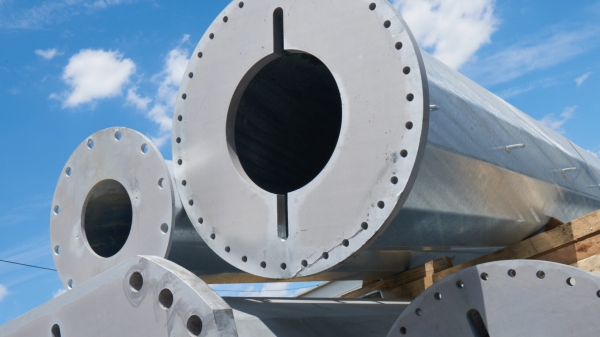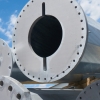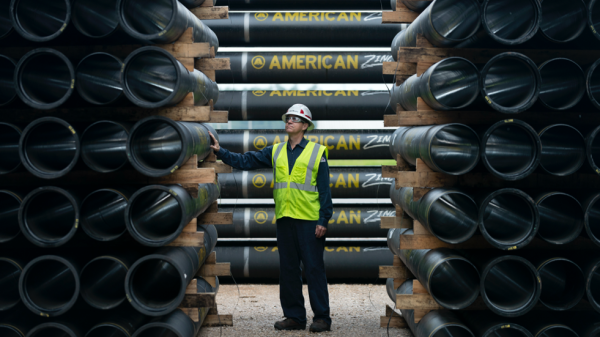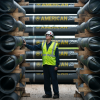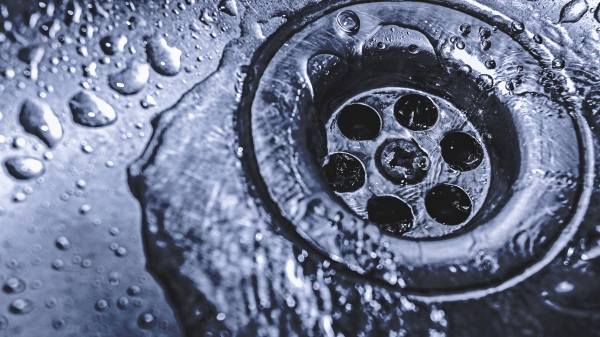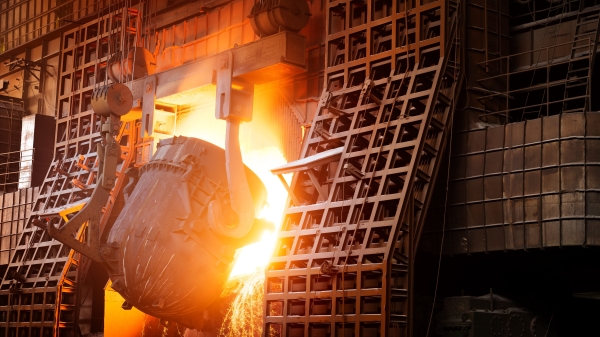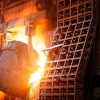|
Getting your Trinity Audio player ready...
|
Clean water is the greatest advancement in public health in the history of the world.
And the iron and steel industry within Alabama has played an essential and major role in this advancement.
At the turn to the 20th century, during the early years of my grandparents’ lives, the industrial revolution was at its height. Thousands were migrating into cities for factory jobs. Many got their water from a well in the back yard and also used a nearby outhouse. Water borne disease was rampant, and proportionally many more died than from our recent pandemic. Common drinking cups at public pumps and on trains contributed to the spread of water-related diseases as well.
At the same time, municipal water systems with closed-piping networks for both clean water and for wastewater were becoming more common. Huntsville was ahead of the curve even then with the first municipal water system west of the Appalachians.
The pipe material of choice across our rapidly growing nation was cast iron. It was strong, durable, safe, and reliable. And it still is.
Birmingham became the Cast Iron Pipe Capital of America, if not the world. Our area had vast deposits of iron ore, coal, and limestone – each necessary for the production of iron and steel. Like so many other industries in Birmingham, the cast iron pipe and steel industries grew like Magic.
In the 1950s and with leadership from Birmingham producers, metallurgical advances resulted in the commercialization of ductile iron. Compared to cast iron, ductile iron is stronger, tougher, more resilient, and remains so today in comparison to alternate materials such as lead, asbestos-cement, concrete, and various plastics which are producing alarming concerns about public health and safety in the news these days. Since then, further innovations in manufacturing, joint design and technology, linings and coatings and more, have kept iron and steel pipe as the material of choice for forward-thinking designers and operators.
We hear a lot today about sustainability. Concerning that, iron and steel pipe are made from recycled iron and steel, they have lower operational costs than alternate materials, they last longer than alternate materials, have a lower life-cycle cost than alternative materials, and they are recyclable if ever retired from service.
Iron and steel pipe were sustainable long before sustainability was cool.
As an Alabamian, water industry veteran, and employee of an iron and steel pipe manufacturing company, I’m exceptionally proud of and grateful for the role iron and steel has played in the greatest advancement in public health in the history of the world.
So, let’s raise a toast of pure and clean drinking water this week to iron and steel pipe.
It’s what America is built on.












































